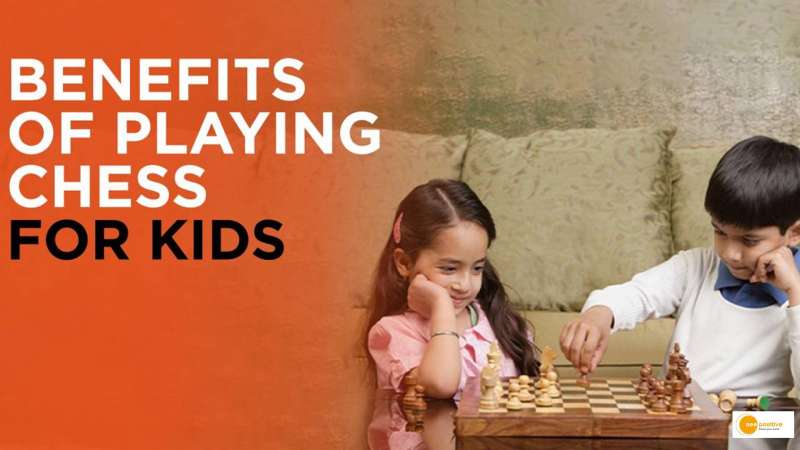

It goes without saying that chess is directly related to intelligence. A change in the overall IQ of the students was observed after 4 months of chess instruction, according to a study of 4,000 Venezuelan students.
According to a 2016 study led by researchers at Michigan State University, chess skill is closely related to intelligence.
Improves problem solving skills
The moments when one moves the pieces are not ordinary; they teach the children a lot. Chess sharpens the child’s problem-solving abilities.
The various chess pieces represent the difficulties and obstacles of life, and moving each piece represents finding your way out of the problems.
Teaches composure
The child learns to remain calm and composed while finding ways to solve the problem.
In a game of chess, you can’t get away by showing aggression or by giving a physical thrust on the opponent. You can only beat your opponent by remaining cool, calm and composed.
Polishes memory skills
Chess is a game in which you must learn, remember, and memorise the moves (not just one pattern, but several!). In order to play well, one must sometimes recall previous moves and games.
Chess and memory go hand in hand. Keeping the pieces, moves, and potential countermoves of the opponent in mind makes the child’s memory more spacious and accommodating.
Fosters creativity
Simply memorising will not help you in chess. To win competitions and tournaments, you must strategically plan your moves in relation to your opponent’s countermoves.
This requires you to be creative in your playing pattern. Chess is a game about inventing new ways to move the pieces, and there are hundreds of thousands of them.
Teaches planning and discipline
While every sport inculcates this in children, it is slightly different in the case of chess. Each game reveals your strengths and weaknesses, which vary depending on your opponent. Repeated attempts at success instil in you the ability to plan your moves and strategize effectively.
Discipline is required to properly plan something. Regular practise and following chess instructions instils discipline in the child, which is beneficial in academics as well.
Inculcates logical thinking
Chess is a game of rules. Each piece has its own set of rules. There is no leniency to rules in this game.
Kids, who are often known to go astray even with slightest distractions. Chess brings in direction to the thought process in kids. If they start playing this at an early age, they
learn that everything works as per rules and logic.


